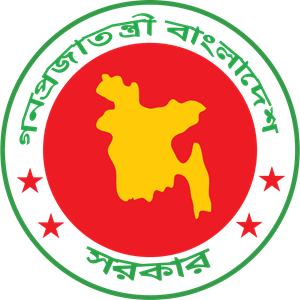Stress and coping : the Indian experience / D.M. Pestonjee.
Material type: TextOriginal language: English Publication details: New Delhi : Sage Publications, 1992Description: 240 p. : ill. 23 cmISBN:
TextOriginal language: English Publication details: New Delhi : Sage Publications, 1992Description: 240 p. : ill. 23 cmISBN: - 0803994001 (US);8170362547 (India)
- 155.90420954 20 PES
| Item type | Current library | Call number | Status | Date due | Barcode | |
|---|---|---|---|---|---|---|
 Books
Books
|
Library Section SB- R304 | 155.90420954 PES (Browse shelf(Opens below)) | Available | P 19262 |
Browsing National Library of Bangladesh shelves, Shelving location: SB- R304 Close shelf browser (Hides shelf browser)
| 155.7 WIE 2013 Evolutionary psychology : neuroscience perspectives concerning human behavior and experience / | 155.8 STI Cultural psychology : essays on comparative human development / | 155.9 BHE environmental psychology / | 155.90420954 PES Stress and coping : the Indian experience / | 156 HAR 1979 The human model : primate perspectives / | 156 MCC 1977 Understanding human behavior : an introduction to psychology / | 157 SHA Abnormal psychology/ |
Includes bibliographical references (p. [220]-238) and index.
Future historians may well label the second half of the twentieth century as the age of 'speed'. Certainly, there has been an explosion of information in all areas of human activity and a rapid dissemination of knowledge. The result has been a growth in expectations which has affected not only individuals but also larger groups like organisations. And this, in turn, leads to stress. Even though stress is a much studied phenomenon it still tends to be defined in vague terms and is surrounded by confusion. Professor Pestonjee defines stress as occurring when demands on an individual exceed his adjustment resources. While stress is generally believed to have a deleterious effect of health and performance, recent research has revealed that a minimal level of stress is essential for effective functioning. It is the individual's reaction to stress which makes all the difference and may prove to be harmful. Professor Pestonjee has divided his review of Indian research on the subject into three parts. In the first section he discusses the concept of stress in relation to ancient Indian scriptures and demonstrates that stress is not just a modern phenomenon. Subsequently, he discusses stress-related diseases like bronchial asthma, anxiety neuroses and cancer. The next section focuses on the different types of stress experienced by individuals in an organisational setting. Available research on various professional groups--such as, nurses, teachers, women executives and policemen--have been discussed in detail to describe the stress experienced by them. The last section deals with coping styles or strategies adopted by individuals to deal with stress. The author also examines the various personality and organisational variables which act as moderators of stress. Since stress is inevitable, the author has highlighted several techniques to counteract stress like yoga, meditation and relaxation. Dealing with a topic which is of great significance to individuals and organisations in the world today, this compendium of research will be of immense interest to psychologists, management experts, trainers, counsellors and research scholars.
Ahmed
There are no comments on this title.
